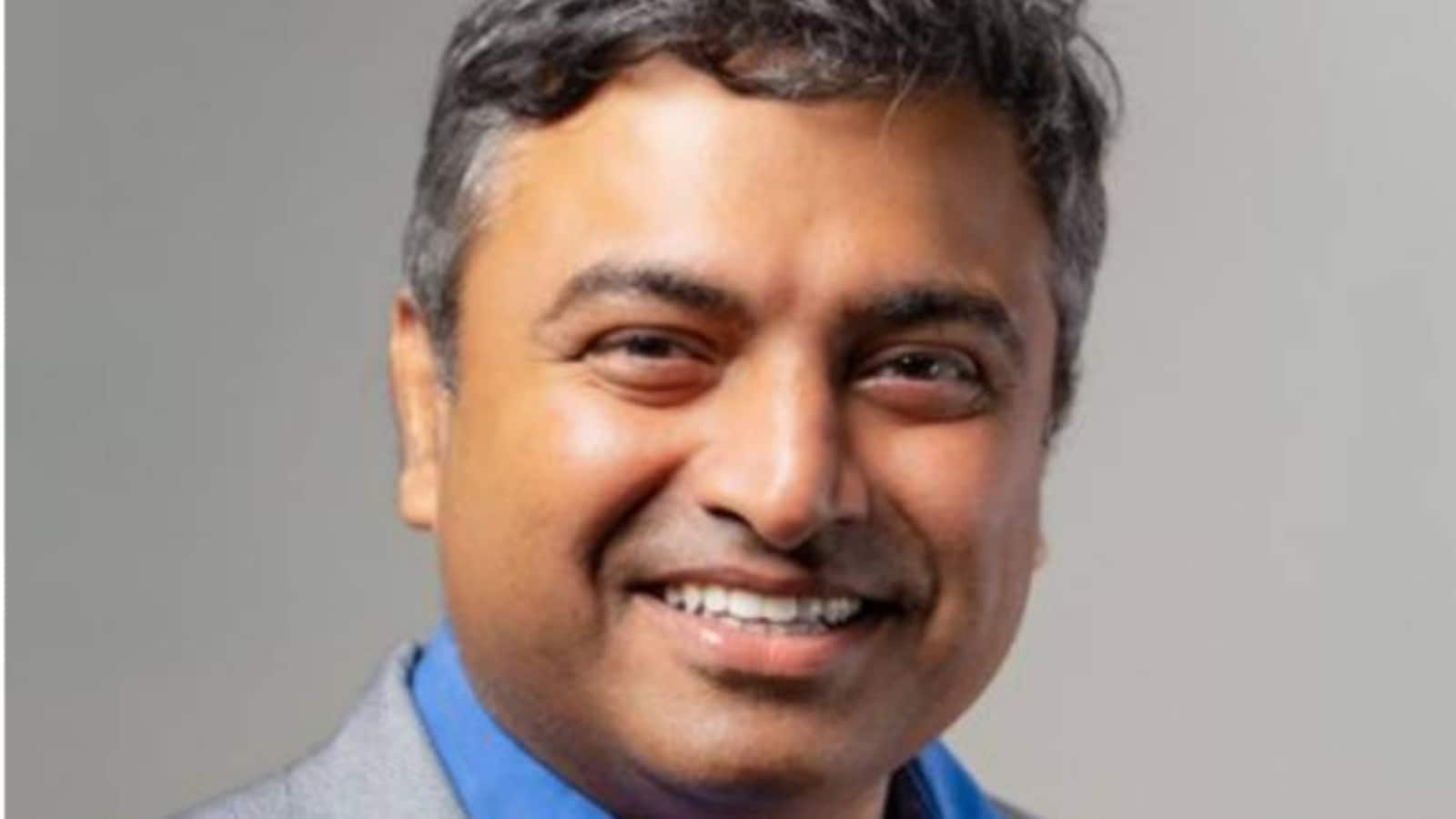Economic Overhaul Imperative: Capitalmind CEO Advocates Bold Measures to Transform Bengaluru

Economic Overhaul Imperative: Capitalmind CEO Advocates Bold Measures to Transform Bengaluru
In a startling declaration following an unprecedented traffic snarl in Bengaluru, Capitalmind CEO Deepak Shenoy has asserted that the city requires nothing short of a massive recession to initiate vital reforms. Shenoy’s candid remarks have ignited a discourse on the persistent issues plaguing the ‘Silicon Valley of India.’ While also shedding light on the recent cancellation of comedian Trevor Noah’s Bengaluru shows, Shenoy’s call for a substantial economic downturn has drawn considerable attention.
Bengaluru, once celebrated as India’s tech hub and a poster child for urban development, now grapples with an array of issues, including traffic congestion, inadequate infrastructure, and environmental concerns. Shenoy’s assertion of a need for a massive recession, while unconventional, reflects the severity of the challenges faced by the city’s residents.
Traffic Chaos and Trevor Noah’s Cancelled Shows
On a recent Wednesday, Bengaluru residents found themselves ensnared in an unparalleled traffic snarl, underscoring the city’s dire transportation woes. This incident, coupled with the cancellation of Trevor Noah’s comedy shows, has become a catalyst for discussions on the city’s underlying problems.
The traffic congestion, which brought Bengaluru to a standstill, has long been a source of frustration for its citizens. The city’s roads, designed to accommodate a fraction of its burgeoning population, are struggling to keep pace with the ever-increasing number of vehicles. Experts argue that this issue is emblematic of the city’s broader infrastructure challenges.
Trevor Noah’s cancelled shows further exposed the inadequacies in Bengaluru’s event infrastructure. The choice of an ill-suited venue with subpar acoustics led to the unfortunate cancellation, highlighting the need for better event spaces in the city.
Deepak Shenoy’s Controversial Proposition
Deepak Shenoy, CEO of Capitalmind, did not mince words when he remarked, “If it takes a crisis to fix a city, then Bengaluru needs a massive recession.” This unorthodox suggestion has left many perplexed, as it seems counterintuitive to wish for economic hardship. However, Shenoy’s assertion warrants deeper consideration.
Shenoy’s argument is based on the belief that significant economic downturns force governments and businesses to reevaluate their strategies and prioritize essential reforms. In the case of Bengaluru, a prolonged period of rapid economic growth has contributed to urban sprawl, increased pollution, and stretched resources thin. Shenoy contends that a controlled recession could compel authorities to address these pressing issues, resulting in a more sustainable and liveable city in the long run.

Bengaluru’s Ongoing Challenges
Bengaluru’s predicament is not limited to traffic congestion and event infrastructure deficiencies. The city is grappling with an array of problems that have intensified over the years.
1. Infrastructure Strain: The city’s infrastructure is ill-equipped to handle its burgeoning population, resulting in inadequate public transportation, poorly maintained roads, and erratic utility services.
2. Environmental Concerns: Bengaluru’s rapid urbanization has taken a toll on its environment. The city’s once-lush green cover has dwindled, and water bodies have been encroached upon, exacerbating issues related to water scarcity and pollution.
3. Housing Crisis: The soaring cost of living and housing has made Bengaluru increasingly unaffordable for many residents, especially the middle and lower-income groups.
4. Tech Hub Identity at Stake: As other Indian cities compete for the title of the next tech hub, Bengaluru’s status as India’s Silicon Valley faces potential challenges if its infrastructure and quality of life issues persist.
A Controversial Path to Reform
Shenoy’s call for a massive recession as a solution to Bengaluru’s woes is unconventional, to say the least. It is important to note that such a strategy carries significant risks, including potential job losses and economic hardships for the city’s residents.
However, it is undeniable that Bengaluru is at a crossroads. The need for comprehensive reforms is pressing, and the city’s problems are unlikely to be resolved through incremental changes alone. Shenoy’s proposition, while contentious, has ignited a much-needed conversation about the city’s future.

The Way Forward
Bengaluru’s transformation into a more liveable and sustainable city requires a multi-pronged approach. This includes:
1. Infrastructure Investment: Prioritize investments in transportation, utilities, and event spaces to address the city’s immediate needs.
2. Urban Planning: Develop a comprehensive urban planning strategy that accommodates future growth while preserving green spaces and water bodies.
3. Technology Adoption: Leverage technology to improve traffic management, waste disposal, and public services, making the city more efficient and citizen-friendly.
4. Environmental Conservation: Implement measures to restore and protect Bengaluru’s environment, ensuring access to clean water and green spaces.
5. Affordable Housing: Work towards creating affordable housing options to accommodate the city’s diverse population.
While the idea of a “massive recession” may be met with skepticism, it underscores the urgency of addressing Bengaluru’s deep-rooted issues. Ultimately, it will require a collective effort from the government, businesses, and residents to chart a sustainable path forward for this dynamic city.
To tackle Bengaluru’s myriad challenges, it is imperative to foster collaboration between the public and private sectors. A well-coordinated effort can harness the city’s entrepreneurial spirit to drive innovation in addressing its problems. Government policies that encourage investment in infrastructure, startups, and sustainable initiatives can be a catalyst for positive change. Moreover, public-private partnerships can expedite the development of crucial projects and ease the burden on government resources.
One of the critical aspects of transforming Bengaluru is to preserve its identity as the “Silicon Valley of India.” This means nurturing its tech ecosystem and creating a conducive environment for startups and tech giants alike. Streamlining bureaucratic processes, offering incentives for research and development, and investing in technology education can help maintain Bengaluru’s reputation as a global tech hub.

Additionally, a concerted effort to enhance the quality of life for Bengaluru’s residents should include a focus on public services. Improved healthcare, education, and safety measures can make the city more attractive to both its current inhabitants and potential newcomers. By prioritizing the welfare of its citizens, Bengaluru can build a strong foundation for sustainable growth.
In conclusion, while Deepak Shenoy’s call for a “massive recession” may be provocative, it underscores the urgency of addressing Bengaluru’s deeply entrenched issues. A comprehensive approach that combines infrastructure development, urban planning, technological innovation, environmental conservation, and social welfare is essential. By uniting various stakeholders and embracing bold reforms, Bengaluru can not only overcome its challenges but also emerge as a beacon of urban development and innovation in India.



